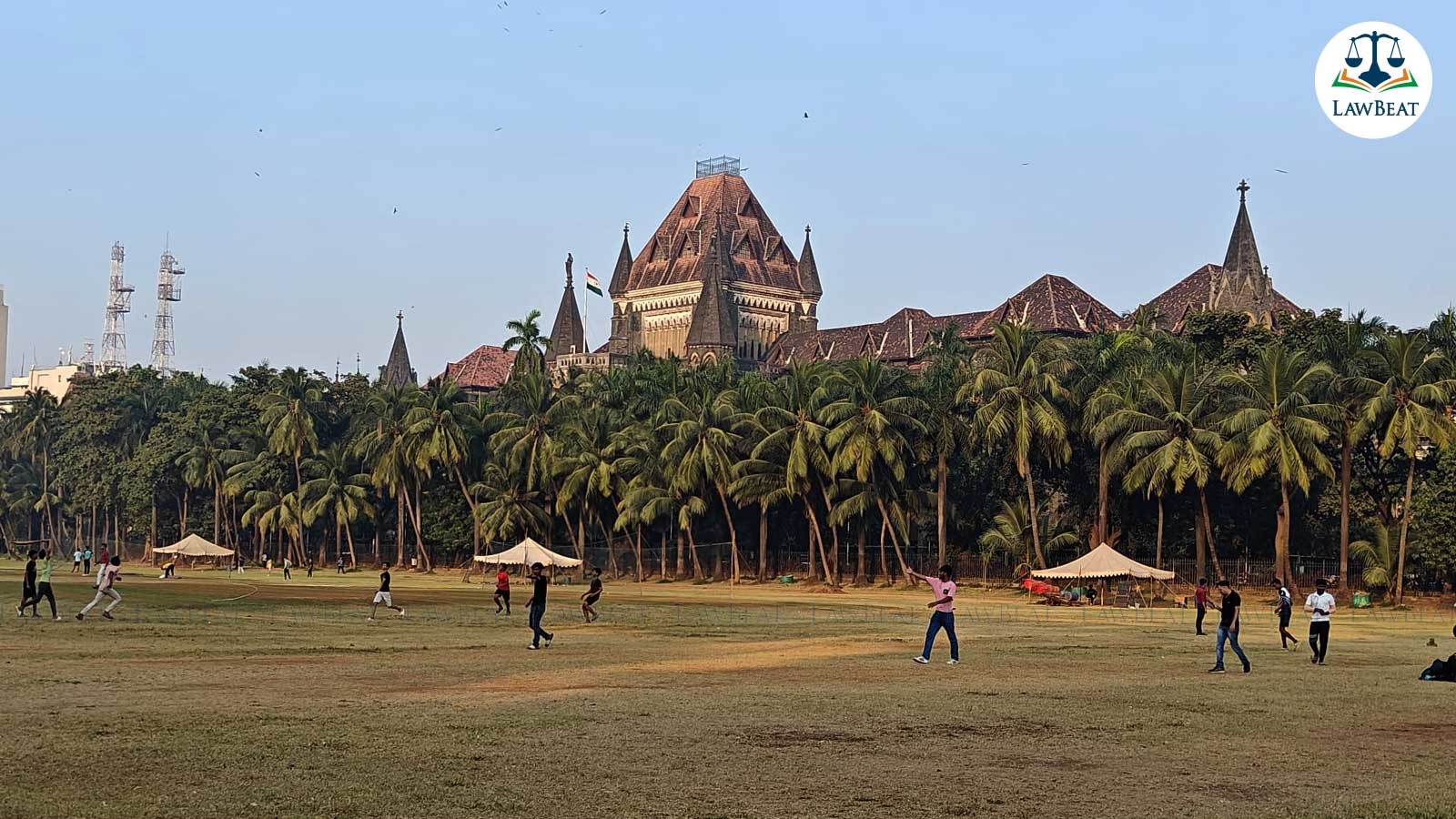Citizens Should Have Confidence In Governance Process Irrespective of Party in Power: Bombay High Court

It was alleged that the communication was related to the renewal of the lease of the race course. The petitioners expressed concerns that the government might utilize public land, not included in the lease, for the international theme park/public garden
On Thursday, the Bombay High Court observed that citizens should have confidence in the governance process, regardless of the party in power.
“We are not saying there is a failure of governance. There is a perception of governance that drives these petitions. We want to go the opposite direction and say, you must trust the governance process. This has nothing to do with the ruling party or party in power. As citizens or courts, we need to have a certain level of confidence in the governance process, which must be kept alive. There may well be 10,000 reasons for growing mistrust, we do not want to feed that beast, we cannot,” the court said.
The division bench of the high court, comprising Justice GS Patel and Justice Kamal Khata, was hearing petitions challenging a December 6, 2023, communication from the government proposing the development of an international theme park/public garden in the Mahalaxmi Race Course in Mumbai.
The communication related to a General Meeting involving Chief Minister Eknath Shinde, the Commissioner of BMC, and Office Bearers of the Royal Western India Turf Club (RWITC), allegedly convened by the Chief Minister.
It was alleged that the communication was related to the renewal of the lease of the race course. The petitioners expressed concerns that the government might utilize public land, not included in the lease, for the international theme park/public garden.
Advocate General Birendra Saraf argued before the high court that the petitions were premature and should be disposed of.
The petitioners contended that the project affected their fundamental rights and the public trust doctrine, as the general public was granted access to the race course during non-racing and specified hours.
The high court said that it could not direct the club or the government to pass resolutions in a particular manner or direct them not to pass certain resolutions.
The bench stated that it was not disposing of the petitions only for administrative convenience as the petitioner would approach the high court after a resolution was passed.
The high court accepted the statement of the Advocate General, noting that the communication of December 6 was not a final decision but merely a proposal.
Case title: Satyen Kapadia v. State of Maharashtra & Ors
